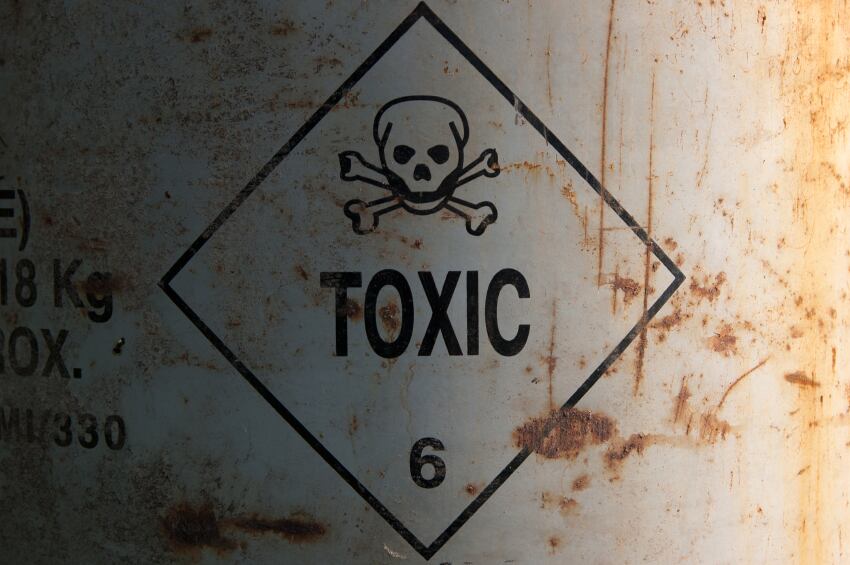Mineral oil hydrocarbons (MOAH) can be present in food due to packaging and additives, processing aids and lubricants, and according to a European Food Safety Authority (EFSA) opinion published in 2012, some MOAH could be mutagenic and carcinogenic.
Food additives themselves can also be to blame. These include waxes and paraffins as food additives, such as anti-caking or release agents, coating agents and brighteners or waxes and paraffins used as technical processing aids such as anti-foaming agents or anti-caking agents.
Published today, FDE’s guide ‘Toolbox for preventing the transfer of undesired mineral oil hydrocarbons into food’ gives food manufacturers background information and practical advice in decision-making in order to prevent and reduce the risk.
It provides an overview of how mineral oil hydrocarbons can come into contact with foodstuffs. Armed with this information, individual companies can then review their own processes and devise appropriate product-related measures to reduce contamination, it says.
“[…] The point is to enable food companies to review appropriate and feasible problem-solving approaches while exercising their due diligence. This concept aims at shared responsibilities for all levels of the entire value chain, and promotes the ALARA principle, wherein the presence of a contaminant is reduced to ‘as low as reasonably achievable’.”
What are MOSH/MOAH?
MOSH = Mineral Oil Saturated Hydrocarbons: paraffin-like, open-chained, commonly branched hydrocarbons (e.g. alkanes) and naphthene-like cyclic hydrocarbons (cycloalkanes).
MOAH = Mineral Oil Aromatic Hydrocarbons: hydrocarbons mainly consisting of highly alkylated mono- and/or poly-aromatic rings.
The FDE guide notes that hydrocarbons are innate to natural raw material and may be identified as MOSH analogues in analysis testing. “Thus their presence in certain vegetable-based foods (tea, herbal infusions, herbs, spices) is inevitable, even if no mineral oil based processing aids or additives are used,” it says.
The toolbox identifies various points of entry and offers possible remedies, including bibliographic references.
If food additives are the source of contamination, it recommends finding alternative. For instance, glazing agents used in confectionery could be replaced with “suitable glazing agents based on vegetables, where necessary”.
If, for instance, mineral oils are coming into contact with food due to primary packaging, functional barriers for final product packaging, bag-in-box systems or liners (Kraft bags) could be a solution.
If contamination is coming from lacquered or laminated metal foil, possible solutions could include avoiding surface lubricants, preventing inevitable residues of rolling oils or rolling emulsions and using MOSH/MOAH-free coatings and lacquers.
When using packaging materials with recycled fibres, the migration of mineral oil components is not only dependent on their level in the packaging materials but also on the type of food and the condition of its storage. An appropriate functional barrier is the preferred way to prevent migration for many companies, FDE notes, although the right material must be selected.
Paper liners do not prevent migration completely while aluminium, polyethylene terephthalate (PET) and polyamide (PA) are considered to be migration-proof barriers but the potential migration of plastic oligomers “must be taken into consideration”, it says.

